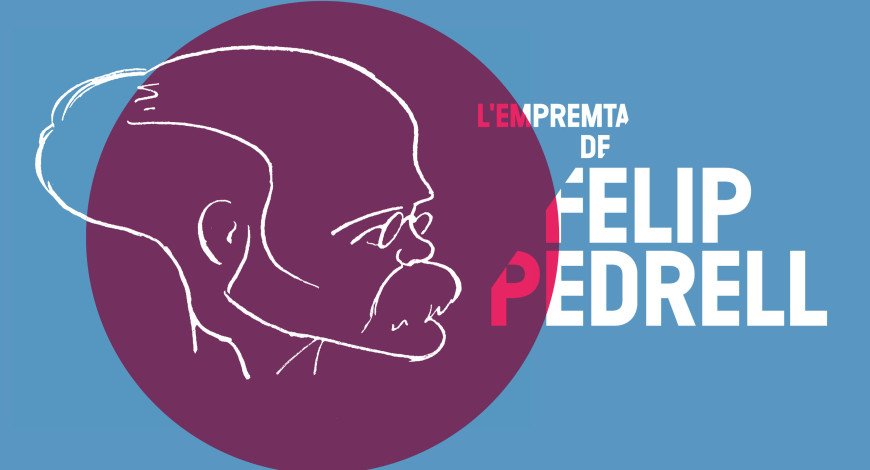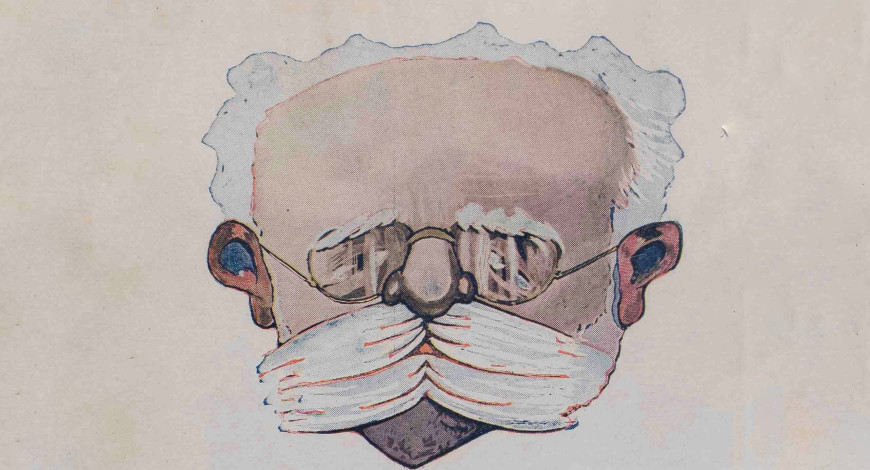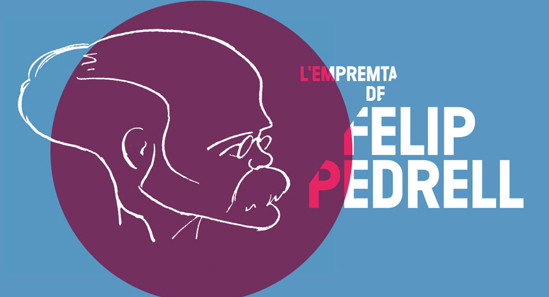The celebration of the centenary of the death of Felip Pedrell (1841-1922) invites us to reflect in this exhibition on the current relevance and validity of the ideas that drove his work. In line with the regenerationist currents of his time, which believed in the need to boost and reform Spanish cultural life, Pedrell was one of the first to introduce Wagnerism to the Iberian Peninsula. However, his goal was not to imitate Wagner but rather to develop a musical identity that would serve as an aesthetic model for the creation of a national lyric school. Therefore, in line with the different European schools, he claimed that composers should be inspired by the music of the past and the oral tradition associated with this identity, and thus nurture the creation of the music of the future. This research led him to become the pioneer of musicology in our country, without ever ceasing to consider himself a composer. More than seven hundred publications resulted from this musicological interest, two of which are worth highlighting: the monumental opera omnia dedicated to the sixteenth-century polyphonist Tomás Luis de Victoria, published by Breitkopf und Härtel and present in all the great music libraries of the world, and the four volumes of the Cancionero musical español, published in the last years of his life.
As a composer, Pedrell never achieved the success and recognition enjoyed by some of his disciples, and his music has still been scarcely explored and performed. Nevertheless, Pedrell’s themes and ideas left a powerful and well-recognisable mark among a huge number of disciples, who included such prominent names as the composers Enric Granados, Isaac Albéniz, Manuel de Falla, Robert Gerhard and Cristòfor Taltabull; the ethnomusicologist and composer Baltasar Samper; the musicologist Higini Anglès; the singer Conxita Badia; the composer and pianist Maria Carratalà; and the founders of the Orfeó Català, Lluís Millet and Amadeu Vives. But beyond the long list of music professionals who went through his studio, his publications were a very influential reference in his time and still are today. Pedrell could not foresee what the future of music would hold, but he did have the intuition to examine a large number of themes that had hardly been studied until then and are still prominent in our contemporary sound world: his works on the Misteri d’Elx or the Cant de la Sibil·la, on the sixteenth-century polyphonists and organ music, the jota of Terres de l’Ebre, the musical instruments from around world and flamenco, to cite just a handlful of examples. Pedrell’s work extends beyond the genealogies of his disciples: it is a complex work of thematic relationships, dialogues and contrasts, intertextual quotations and relationships between the present and the past in which Pedrell continues to be a reference.




